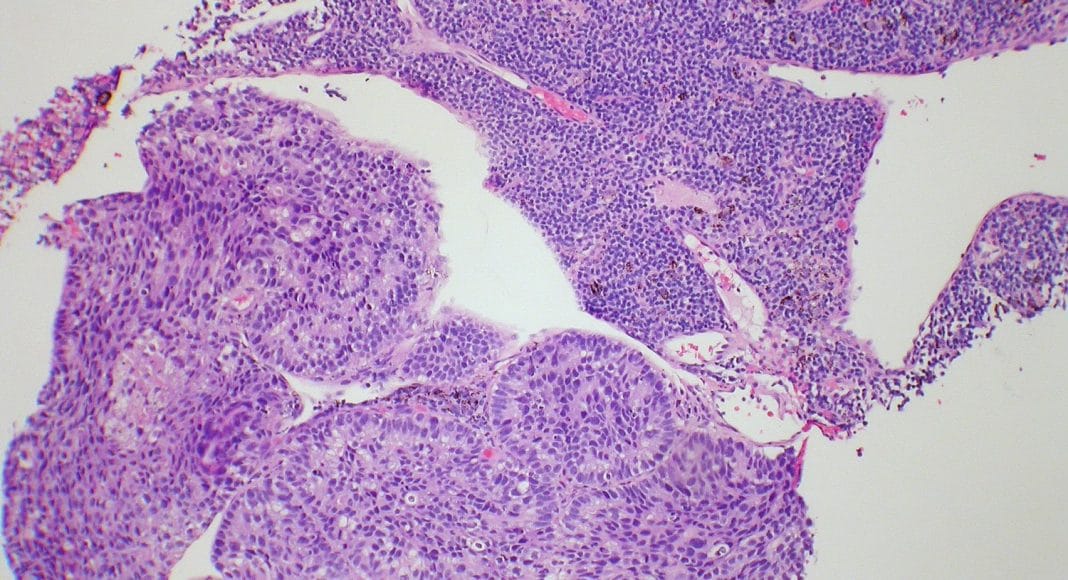Leukemia, is the blanket term for the four different types of cancer found in bone marrow and blood cells. There are roughly 200,000 U.S. cases per year and typically found in adults over the age of 55, but also found in children under the age of 15.
While chemotherapy and other treatments are available, a recent study not only proves that that cannabinoids are anticancer agents, but that there are six different cannabinoids (the chemical compounds found in cannabis plant) that have anticancer effects on leukemia cells specifically.
Dr. Wai Lui an oncologist and his team of researchers at the Department of Oncology at St. George’s, University London discovered that these cannabinoids were able to interfere and disrupt the development of cancerous cells. They also noted that in certain cases, when using specific dosage patterns, these six cannabinoids have the ability to destroy cancer cells on their own.
So What Does This Mean?
Let’s break this down. Dr. Liu and his team tested these six pure cannabinoids–cannabidiol (CBD), cannabidiolic acid (CBDA), cannabigerol (CBG), cannabigerolic acid (CBGA), cannabigevarin (CBGV), and cannabigevaric acid (CBGVA)–on lab-grown leukemia cells. They were tested individually as well as collectively in select groups.
They found that each of the six cannabinoid examined presented anti-cancer properties as effective as those seen in THC. Most importantly, they noted that these effects were even more powerful when the cannabinoids were grouped together.
Dr. Lui’s research also revealed that these six cannabinoids had the ability to “target and switch off pathways” that allow cancers to grow.
This entire report is good news for patients, because it shows that cannabinoid in its purest form has the ability to fight leukemia cells. Plus, the cannabidiol is the non-psychoactive compound found in marijuana, so there’s no high.


